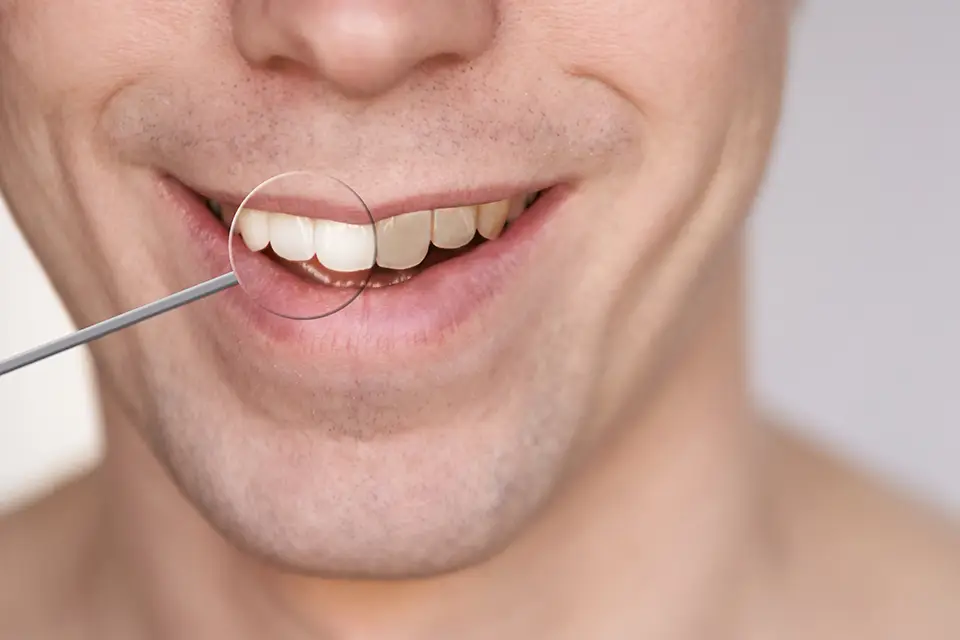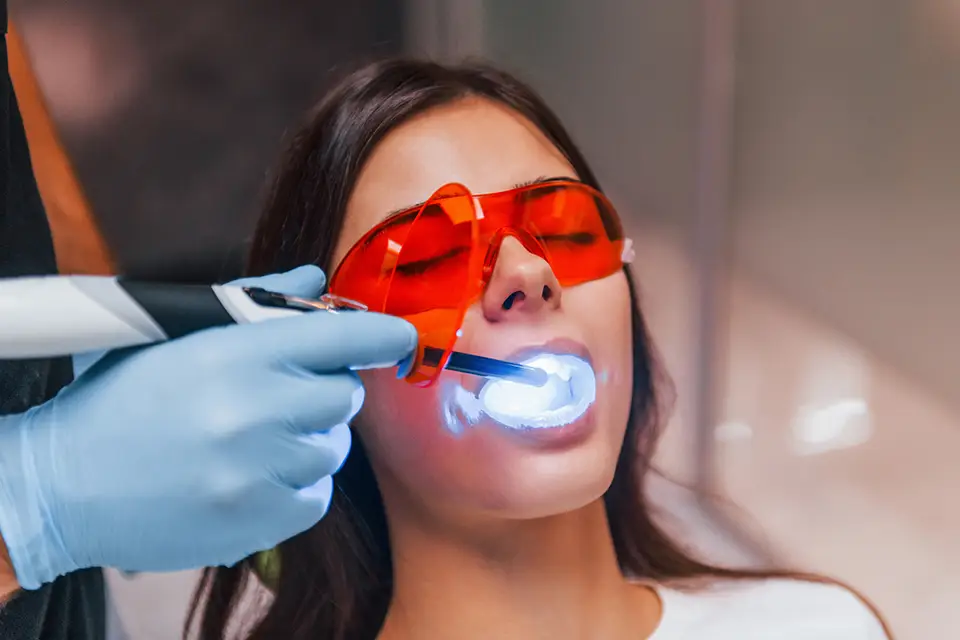As your child grows into a teen, their dental care requirements change. With the transition from childhood to adolescence comes a shift in the complexity of oral health, and it’s natural for parents to wonder whether their teenager should continue to see a pediatric dentist or switch to a general dentist. Pediatric dentists are trained to care for children’s oral health, but what about the teenage years? Let’s examine why your teen may still benefit from seeing a pediatric dentist and when to switch to a general dentist.
What Does a Pediatric Dentist Do?
Pediatric dentists specialize in providing dental care to children and adolescents. They have additional training in treating growing teeth, detecting potential developmental issues, and dealing with dental anxiety. They are not only experts in cleanings and fillings but also have a thorough understanding of how children’s mouths evolve over time. Pediatric dentists also make dental visits as comfortable as possible, which is especially important during a teen’s often difficult dental care experience.
Why Continue Seeing a Pediatric Dentist?
Many teenagers can manage their basic dental hygiene, but their dental care requirements during these years remain unique. Here are some significant reasons why your teen may benefit from continuing to see a pediatric dentist.
1. Dental Development and Orthodontics
Teenagers frequently receive orthodontic treatment, such as braces, as they enter adolescence. Pediatric dentists have extensive experience working with orthodontists to ensure treatment goes as smoothly as possible. They understand how to deal with potential side effects, such as discomfort, and can guide your teen through the process. Furthermore, pediatric dentists are familiar with the unique needs of the adolescent mouth. They ensure that dental structures such as teeth and gums are properly cared for as they mature.
2. Emerging Wisdom Teeth
Around the age of 17 or 18, most teenagers begin to experience the eruption of their third molars, also known as wisdom teeth. These teeth can cause discomfort, misalignment, and other complications if not properly monitored. A pediatric dentist can evaluate how these teeth develop and provide early intervention if necessary. They also watch for signs of impaction or other problems. A pediatric dentist can help prevent future pain or more serious complications that may necessitate surgery by treating wisdom teeth early on.
3. Cavity Prevention and Treatment
The teenage years are when many teens struggle with maintaining consistent oral hygiene due to factors such as diet, lifestyle, and neglecting to brush or floss properly. Teens may indulge in sugary foods, caffeinated drinks, and snacks that can promote cavities and dental decay. Pediatric dentists specialize in cavity prevention and early detection. They provide routine cleanings and know how to help teens avoid cavities through fluoride treatments, sealants, and advice on good oral hygiene. Early detection of decay is a specialty of pediatric dentists, who can intervene before it escalates into a more severe condition.
4. Handling Dental Anxieties and Special Needs
Adolescence is a time of heightened emotions, and many teens experience anxiety, whether about their appearance or other aspects of growing up. Going to the dentist may seem daunting to them, especially if they have had a less-than-ideal experience in the past. Pediatric dentists are trained to deal with dental anxiety and can create a more relaxing and supportive environment. They can also accommodate special dental requirements, such as behavioural concerns or specific health issues that may impact your teen’s dental care.

When Should My Teen Transition to a General Dentist?
While pediatric dentists are best suited to providing your teen’s dental care during adolescence, there may come a time when they need to see a general dentist. This transition typically occurs after all adult teeth have emerged and the teen reaches adulthood, usually around 18. At this point, a general dentist will be equipped to handle more complex treatments necessary in adulthood.
General dentists can provide everything from preventive care to more advanced procedures like fillings, crowns, and extractions. However, this doesn’t mean pediatric dentists stop caring about your teen’s oral health. Seeing a pediatric dentist may be beneficial if your teen still needs orthodontic care or specialized treatments or has a complex medical condition.
What If My Teen Has Special Needs?
A pediatric dentist’s expertise may still be necessary if your teen has special needs or requires ongoing dental care. They are trained to handle the unique needs of adolescents in a way that general dentists may not be able to. This includes managing their response to dental care and providing specialized treatments for specific dental conditions.
Whether your teen should continue seeing a pediatric dentist or transition to a general dentist depends on their needs. A pediatric dentist’s expertise will be invaluable if your teen is undergoing orthodontic treatment, has emerging wisdom teeth, or requires specialized care. Transitioning to a general dentist is the next logical step as they reach adulthood and require more generalized care. Regardless of where your teen is on their dental journey, Sunshine Dentistry in Richmond Hill, Ontario, provides compassionate, comprehensive care that will keep their smile healthy for years.
FAQs
At what age should my teen transition to a general dentist?
Most teens transition to a general dentist around the age of 18 once their adult teeth are fully developed.
Why are pediatric dentists better for teens with braces?
They specialize in orthodontics and can provide proper care throughout the orthodontic treatment process.
Do pediatric dentists handle wisdom teeth issues in teens?
Yes, they monitor the development of wisdom teeth and recommend extraction if necessary to avoid complications



